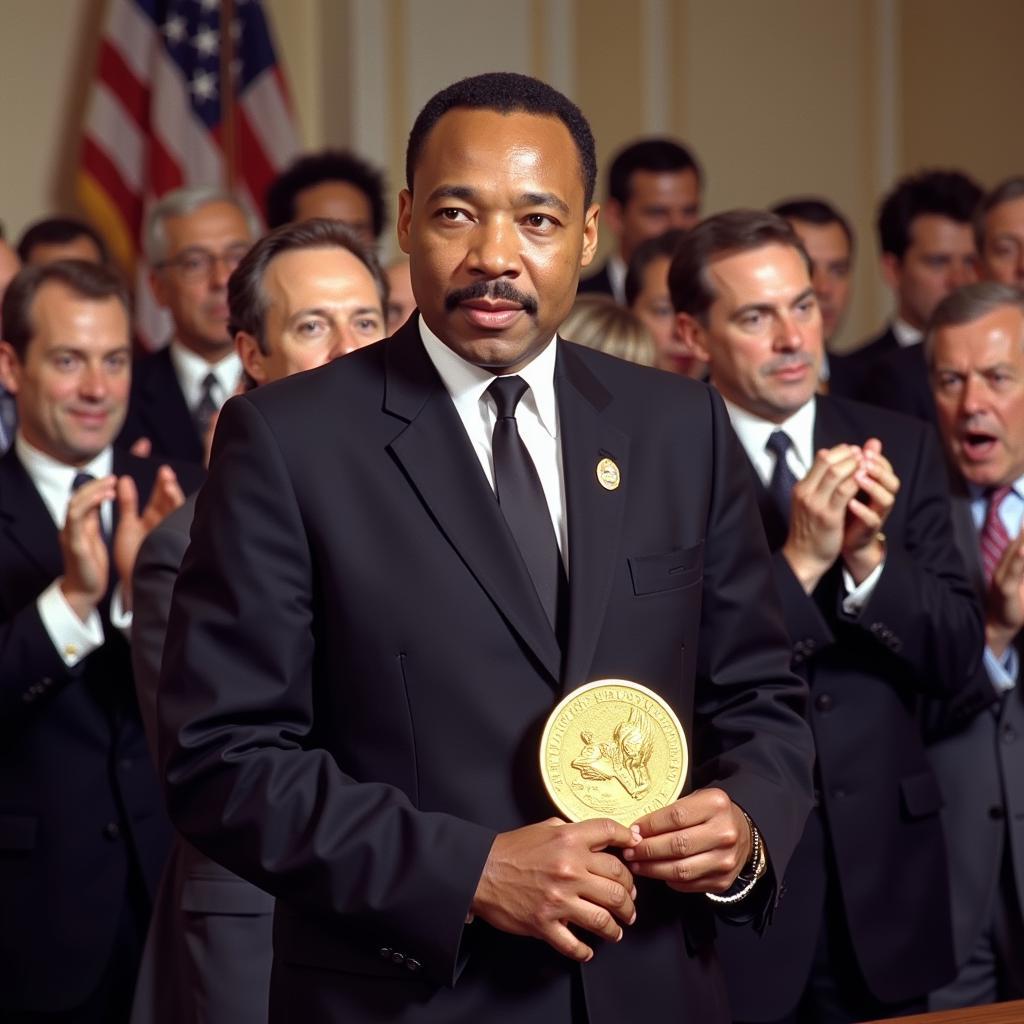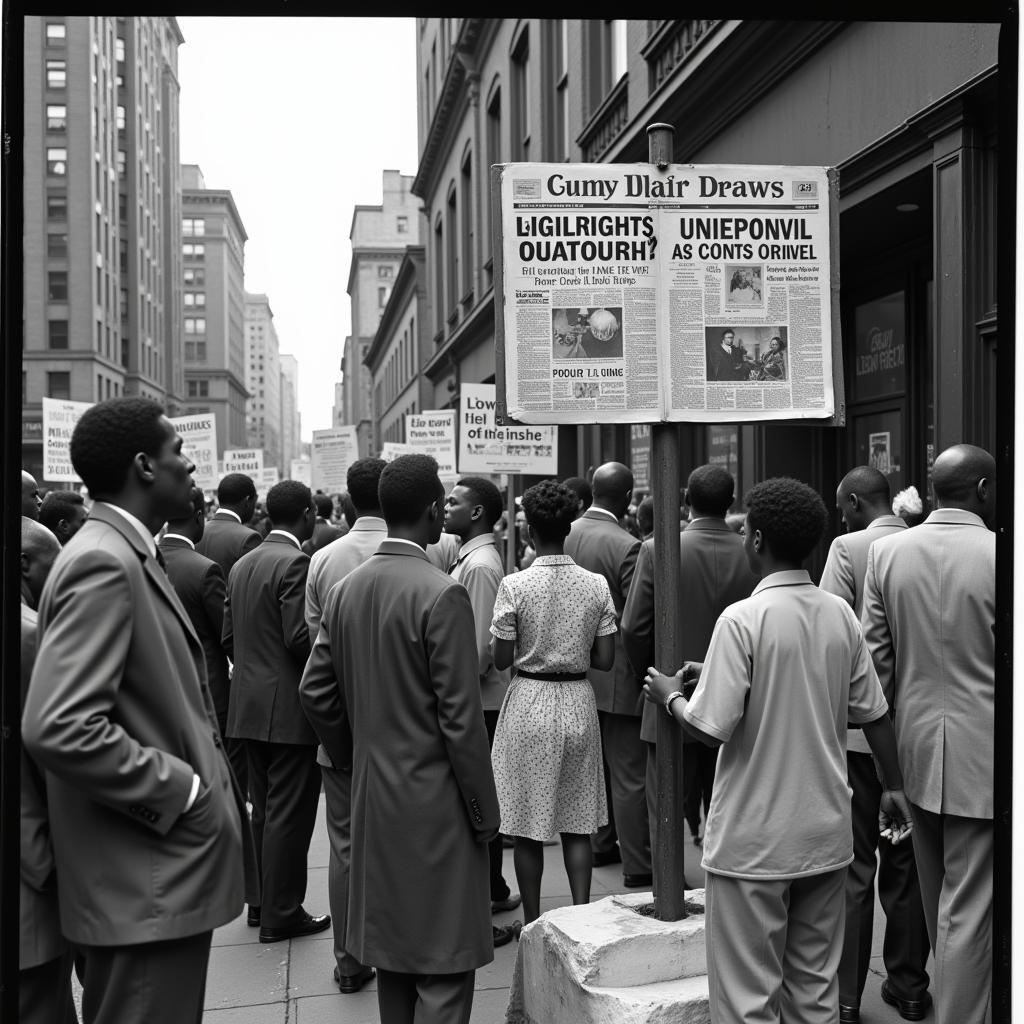The African American Freedom Movement: A Timeline of Courage
The African American Freedom Movement, a decades-long struggle for civil rights and equality, is a testament to the resilience and spirit of Black Americans. This movement, deeply intertwined with the history of the United States, continues to inspire generations with its unwavering pursuit of justice and equality.
The Seeds of Resistance: From Slavery to Reconstruction
The roots of the African American freedom movement lie deep within the era of slavery. Resistance took many forms, from subtle acts of defiance to daring escapes via the Underground Railroad. Figures like Harriet Tubman, a conductor on the Underground Railroad, and Frederick Douglass, a powerful abolitionist orator and writer, emerged as beacons of hope and resistance.
Reconstruction and the Rise of Jim Crow
The period following the Civil War, known as Reconstruction, saw the ratification of the 13th, 14th, and 15th Amendments, granting African Americans freedom, citizenship, and voting rights. However, this progress was met with fierce opposition in the South. Jim Crow laws emerged, enforcing segregation and disenfranchising Black citizens.
The Dawn of the Modern Civil Rights Movement
The turn of the 20th century saw the rise of organizations like the NAACP, founded in 1909, dedicated to fighting for the rights of African Americans. The Great Migration, which saw millions of Black Americans move north for better opportunities, also contributed to the growth of Black communities and their political power.
Nonviolent Resistance and the Leadership of Dr. King
The Montgomery Bus Boycott of 1955, sparked by Rosa Parks’ refusal to give up her seat, marked a turning point. This event, coupled with the leadership of Dr. Martin Luther King Jr. and his philosophy of nonviolent resistance, propelled the movement forward.
 African American Nobel Peace Prize Winners
African American Nobel Peace Prize Winners
From Selma to Stonewall: Expanding the Fight
The Civil Rights Act of 1964 and the Voting Rights Act of 1965 were monumental victories, outlawing discrimination and guaranteeing voting rights for all. However, the struggle continued. The Black Power Movement, emerging in the late 1960s, challenged systemic racism and advocated for self-determination. This era also saw the movement intersect with other social justice movements, like the fight for LGBTQ+ rights.
 African American Media
African American Media
The Legacy of the African American Freedom Movement
The African American freedom movement is a testament to the power of collective action and the enduring fight for equality. While significant progress has been made, the fight continues today. From the Black Lives Matter movement to ongoing efforts to protect voting rights, the struggle for racial justice remains a defining issue of our time.
FAQs
What were the main goals of the African American freedom movement?
The movement aimed to achieve full citizenship rights for African Americans, including ending segregation, securing voting rights, and achieving social and economic equality.
Who were some of the key figures in the movement?
The movement was led by numerous influential figures, including Dr. Martin Luther King Jr., Malcolm X, Rosa Parks, Thurgood Marshall, and John Lewis, among many others.
How did the movement change America?
The movement led to significant legal and social changes, including the Civil Rights Act of 1964 and the Voting Rights Act of 1965, and helped transform American society by challenging racial discrimination and promoting equality.
Exploring Further:
For more information on African American history and culture, explore our articles on:
- African Americans After the Civil War
- African American Media
- African American Nobel Peace Prize Winners
Need Support?
For any inquiries or assistance, please contact us:
Phone: +255768904061
Email: kaka.mag@gmail.com
Address: Mbarali DC Mawindi, Kangaga, Tanzania
Our dedicated customer support team is available 24/7 to assist you.
